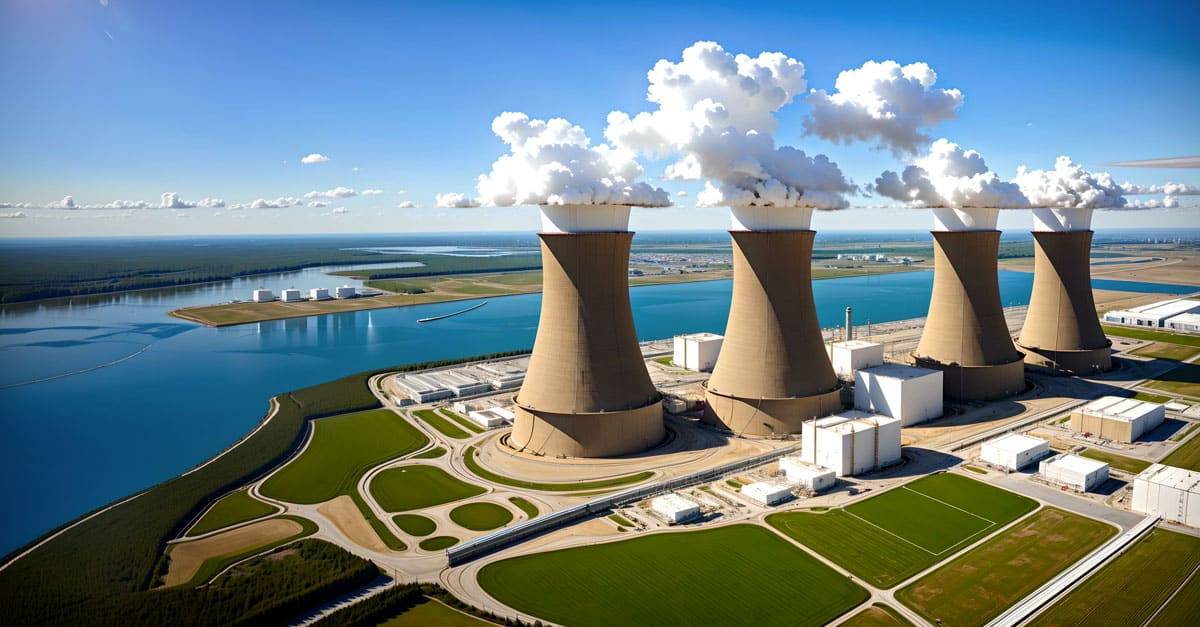The scientists assume that in 2035 solar and wind power will supply a good 30% less than estimated by politicians. (The 2035 target proposed by policymakers for the expansion of renewable electricity production – excluding hydropower – is 17,000 GWh, much higher than the previous benchmark of 11,400 GWh).
The Neue Zürcher Zeitung says that at the same time, there are big changes between seasons. In the summer, there are big amounts, but in the winter, there is a huge gap of up to 10 terawatt hours (TWh). For comparison: in the past years, the average was about 4 TWh.
Importing electricity from neighboring countries would not be a sustainable solution, as it would also become scarce in other countries.
Further use of nuclear power
The result of the ETH model calculations is clear. The longer the existing four reactors run, the cheaper, more stable, and more secure the electricity supply will be. Thus, an extension of the operation of Gösgen and Leibstadt by 10 years strongly mitigates the increase in net imports in winter over the next 20 years.
Elevate Your Wealth Game: Empowering UHNWIs for Simplified Asset Management. Altoo Platform Preview
The study also says that building a new nuclear power plant is a good idea. For example, the ETH experts think that if the plant is used for more than 60 years, it will save a total of 12 billion Swiss francs in system costs and drastically cut the need for imports in the winter. Also, the nuclear power plant can fit in much better with the equipment that is already there.
The president of Economiesuisse, the umbrella organization of Swiss businesses, Christoph Mäder explained: “We have to do better than our neighbour Germany, which has taken its remaining nuclear power plants off the grid despite the energy crisis and climate targets.”
He also said that we should never shut down another nuclear power plant like we did in 2019 with Mühleberg.
Continuing the expansion of renewable energies
However, Christian Schaffner, the director of the Energy Science Center at ETH, warns against delaying the expansion of renewable energies. “Extending the lifetimes of our nuclear power plants alone will not solve our supply problems,” the energy expert told NZZ. If Switzerland wants to reach the net-zero target by 2050, he said, it must replace all fossil energies and continue to rapidly expand renewables.
The dependence on imports could also be reduced by a rapid expansion of alpine solar plants and wind farms. The former produce up to 55 per cent of their electricity in winter, the latter as much as 60 per cent.









